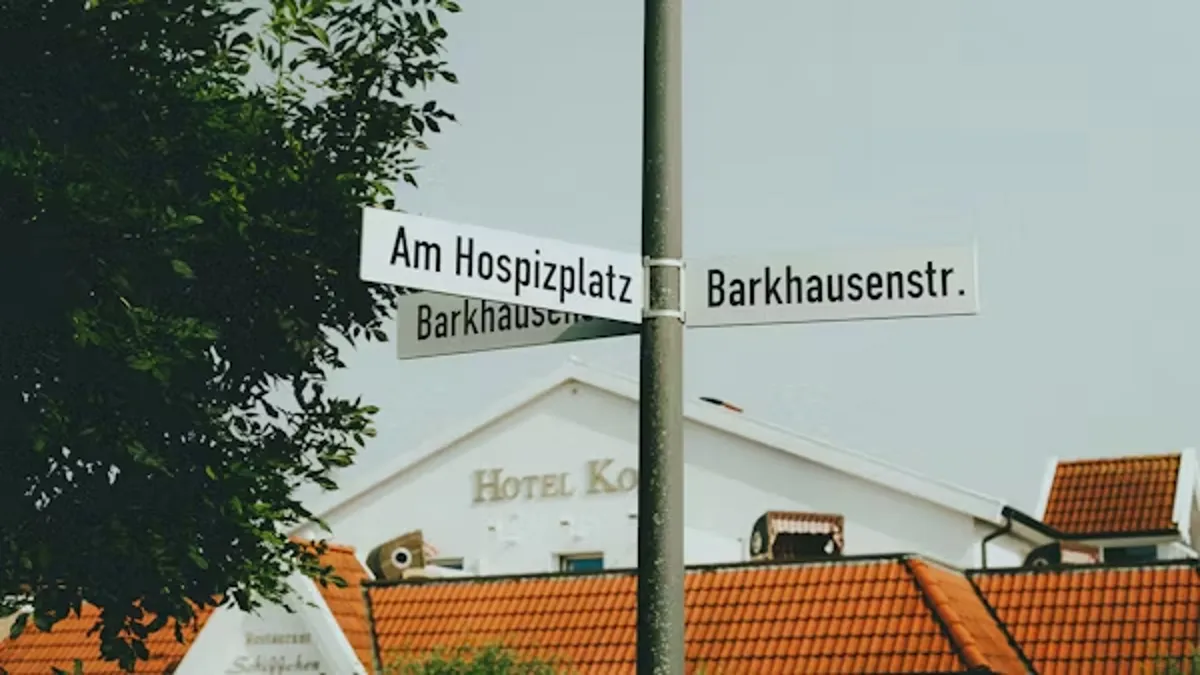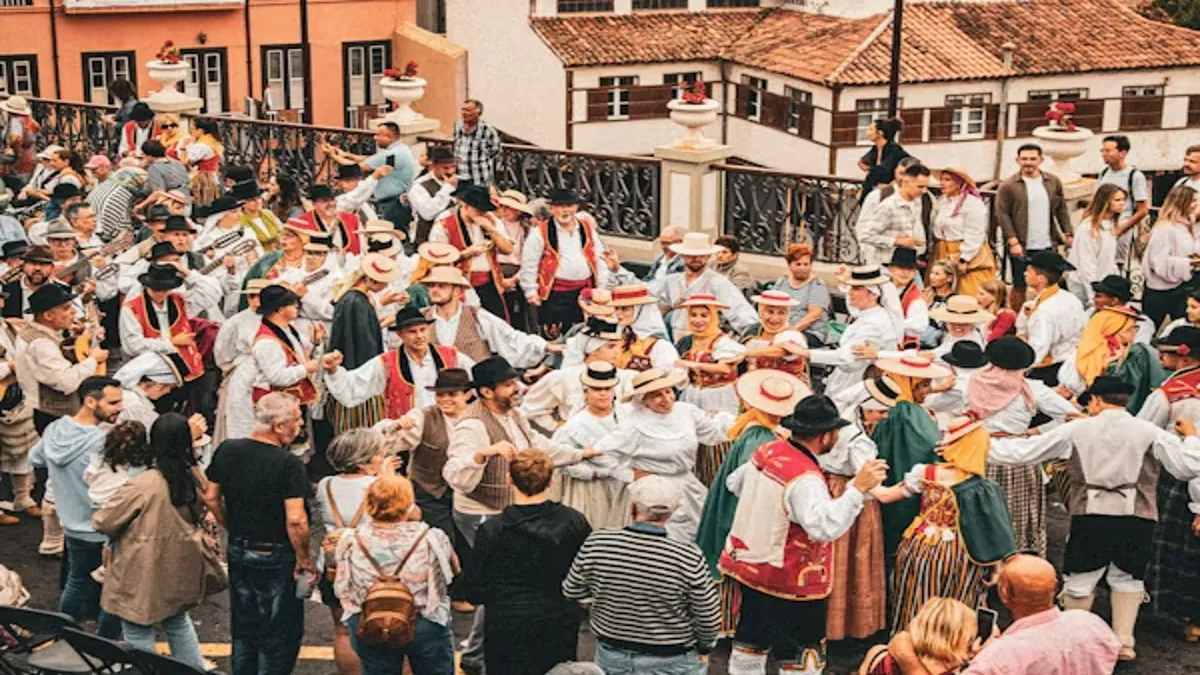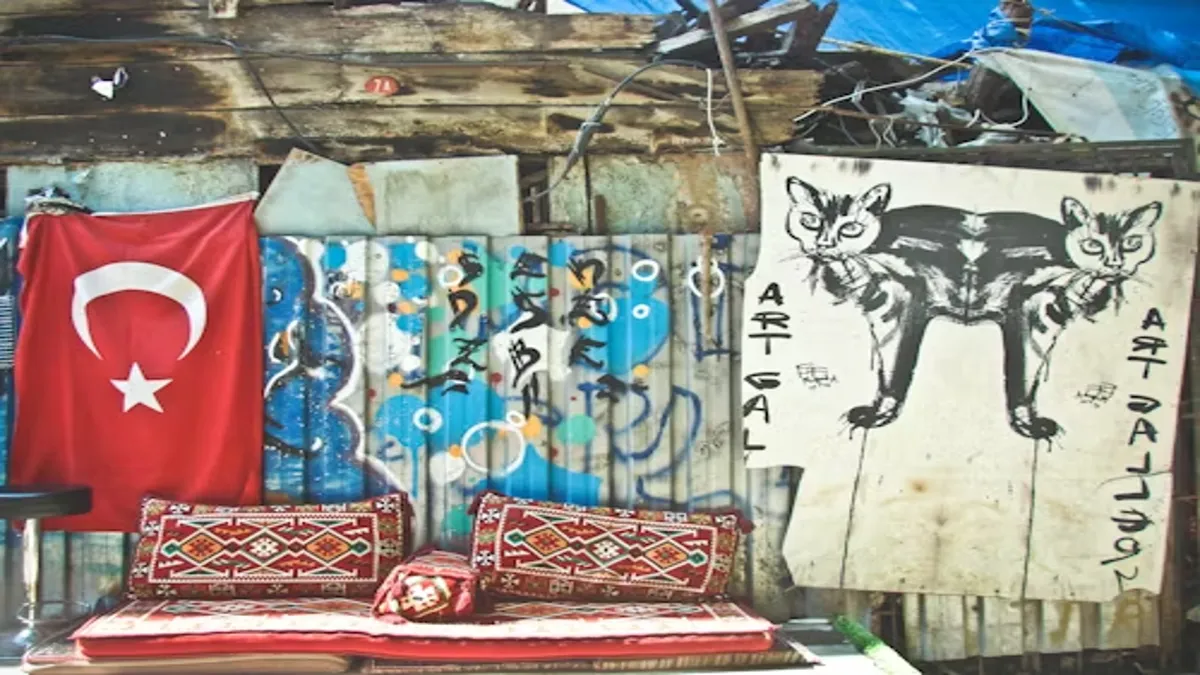When people search for Ernsthausen, they are usually seeking clarity about its place, history, and modern-day significance. Ernsthausen is a locality in Germany that carries the layered identity of many small European villages: part historical settlement, part modern community, and part symbol of regional culture. Unlike larger cities, its importance lies not in global fame but in the preservation of rural traditions, craftsmanship, and a sense of continuity. To answer directly: Ernsthausen is a German locality known for its rural charm, historical roots, and community-oriented culture that reflects broader German identity. Understanding Ernsthausen requires exploring its geography, people, traditions, and how it adapts to changing times while maintaining its authenticity.
Geographic Setting of Ernsthausen
Ernsthausen is set against a backdrop of rolling fields, small forests, and agricultural landscapes typical of German countryside regions. Its positioning within the state boundaries places it near market towns and larger municipalities, making it both independent and connected. These features give Ernsthausen its distinct character: a place that is rural but not isolated.
- The village is surrounded by farmland that has historically provided sustenance.
- Roads link it to regional hubs, allowing for trade and cultural exchange.
- Its modest size makes it walkable and community-focused.
A visitor once described it, “In Ernsthausen, the pace of life slows, and every pathway seems to hold a story.”
Historical Background
Ernsthausen’s history, like many German villages, dates back centuries. Records suggest its name was derived from early settlers, with “Ernst” likely linked to a founding family or leader. Over the centuries, Ernsthausen witnessed agricultural reforms, wars that swept across Europe, and the gradual modernization of rural life.
The village survived upheavals, from medieval feudal systems to the industrial age. It adapted by retaining its core identity while embracing new technologies in farming and trade. Villagers often speak with pride about this resilience.
A local elder noted, “Our fields have seen empires rise and fall, yet Ernsthausen has remained.”
Cultural Identity
The heart of Ernsthausen lies in its cultural identity. Festivals, church gatherings, and seasonal markets form part of the rhythm of community life. Its traditions include:
- Harvest festivals celebrating local produce
- Community singing and brass bands
- Annual church fairs that bring families together
- Folk crafts such as woodworking and embroidery
These cultural markers sustain social bonds and transmit values across generations.
Table: Elements of Ernsthausen’s Cultural Life
| Aspect | Description | Significance |
|---|---|---|
| Festivals | Seasonal celebrations with music, food, and crafts | Preserves tradition, fosters unity |
| Church Life | Central parish serving the community | Spiritual and social cohesion |
| Crafts | Woodwork, embroidery, local trades | Reflects rural skill and creativity |
| Music | Brass bands and choirs | Expression of joy and community |
Economy and Occupations
Historically, Ernsthausen’s economy was tied to agriculture. Families relied on grain, livestock, and seasonal harvests. Over time, the shift to modern jobs has diversified the local economy. Many residents now:
- Commute to nearby towns for employment
- Operate small businesses rooted in local needs
- Continue farming, often blending traditional and modern methods
A shop owner shared, “Our village still runs on personal trust. Customers aren’t just clients; they’re neighbors.”
This balance between tradition and adaptation is part of Ernsthausen’s charm.
Education and Social Life
Education in Ernsthausen reflects Germany’s strong public school system. Children often attend local primary schools before moving to secondary institutions in nearby towns. Social life revolves around clubs, or Vereine, which are common in German villages.
Popular Ernsthausen clubs include:
- Sports clubs for football and gymnastics
- Volunteer fire brigades
- Cultural societies focused on music and history
These groups reinforce social bonds and give residents a sense of belonging.
Architectural Features
Walking through Ernsthausen, one encounters architectural markers that reflect both heritage and practicality. Timber-framed houses, barns with steep roofs, and stone churches dominate the village landscape.
Key features include:
- Half-timbered homes with exposed wood beams
- Village church with historical gravestones
- Modern homes blending contemporary design with rural aesthetics
This architectural blend symbolizes the continuity of old and new in village life.
Community Quotes
- “Every house here tells a story; some walls are older than our written records.” – A village historian
- “We hold onto tradition because it makes us feel grounded in a fast-changing world.” – Local teacher
- “In Ernsthausen, neighbors still stop to chat at the bakery, and that’s our strength.” – Resident shopkeeper
Social Values and Spirit
Ernsthausen embodies values of community, trust, and resilience. Unlike urban environments where anonymity can dominate, here personal connections form the backbone of daily life. Residents emphasize values such as:
- Mutual support in times of need
- Respect for history and environment
- Intergenerational responsibility
These values form a social fabric that outsiders often admire when visiting.
Modern Developments
Though Ernsthausen remains traditional, it has adapted to modern demands. High-speed internet, renewable energy initiatives, and efficient public transport integration have gradually arrived.
Modernization highlights:
- Solar panels on farm roofs
- Broadband for small businesses
- Regional transport links for commuters
This modernization ensures Ernsthausen remains viable for younger generations while retaining its rural charm.
Table: Traditional vs. Modern Features in Ernsthausen
| Aspect | Traditional | Modern |
|---|---|---|
| Housing | Timber-framed houses | Energy-efficient homes |
| Economy | Farming and crafts | Commuting, small enterprises |
| Social Life | Festivals and church fairs | Digital connectivity and hybrid work |
| Energy | Wood and coal heating | Solar and renewables |
Tourism and External Perception
Though not a major tourist hub, Ernsthausen attracts visitors seeking authentic rural Germany. Tourists enjoy walking trails, local gastronomy, and seasonal events. Many travel writers highlight the hospitality of its residents.
A visitor reflected, “I came for a quiet escape but left with friendships and memories.”
Tourism remains modest, but it supplements the local economy while sharing Ernsthausen’s identity with the wider world.
Bulleted Insights on Ernsthausen’s Relevance
- It represents rural continuity amid modern change.
- Its festivals and crafts maintain cultural richness.
- The economy blends tradition and commuting.
- Architectural features reveal history at every turn.
- Social clubs sustain community bonds.
Challenges and Opportunities
Ernsthausen faces challenges common to rural Europe:
- Youth migration to cities for work
- Aging populations
- Maintaining infrastructure in small communities
Yet, opportunities arise from:
- Eco-tourism focused on sustainability
- Renewable energy projects
- Digitalization that allows remote work
Balancing these elements will shape Ernsthausen’s future.
The Symbolism of Ernsthausen
More than a village, Ernsthausen symbolizes endurance. Its story mirrors countless small European communities that sustain identity despite global pressures. For Germany, Ernsthausen serves as a reminder that cultural wealth is not only in cities but also in fields, festivals, and friendships.
As one cultural researcher said, “If you want to understand Germany, look at its villages. Ernsthausen tells that story.”
Conclusion
Ernsthausen, while modest in size, carries a profound significance. It reflects German rural identity, historical continuity, and adaptability in a modernizing world. From timber-framed houses to solar panels, from harvest festivals to digital classrooms, Ernsthausen shows how tradition and innovation coexist. It is a place where neighbors know each other, where history is lived rather than archived, and where the future is crafted through both resilience and adaptation.
In its quiet way, Ernsthausen reminds us that small places often carry the richest stories.
FAQs
Q1: What is Ernsthausen?
Ernsthausen is a German locality known for its rural charm, cultural traditions, and balance of history with modern life.
Q2: What makes Ernsthausen unique?
Its festivals, architecture, community spirit, and ability to merge tradition with modern technologies define its uniqueness.
Q3: What are common occupations in Ernsthausen?
Farming, small business ownership, and commuting to nearby towns for employment are typical among residents.
Q4: Does Ernsthausen attract tourism?
Yes, modest tourism thrives around its cultural festivals, rural landscapes, and hospitality of locals.
Q5: What challenges does Ernsthausen face?
It faces youth migration, aging demographics, and infrastructure needs, while also embracing renewable energy and digital opportunities.















